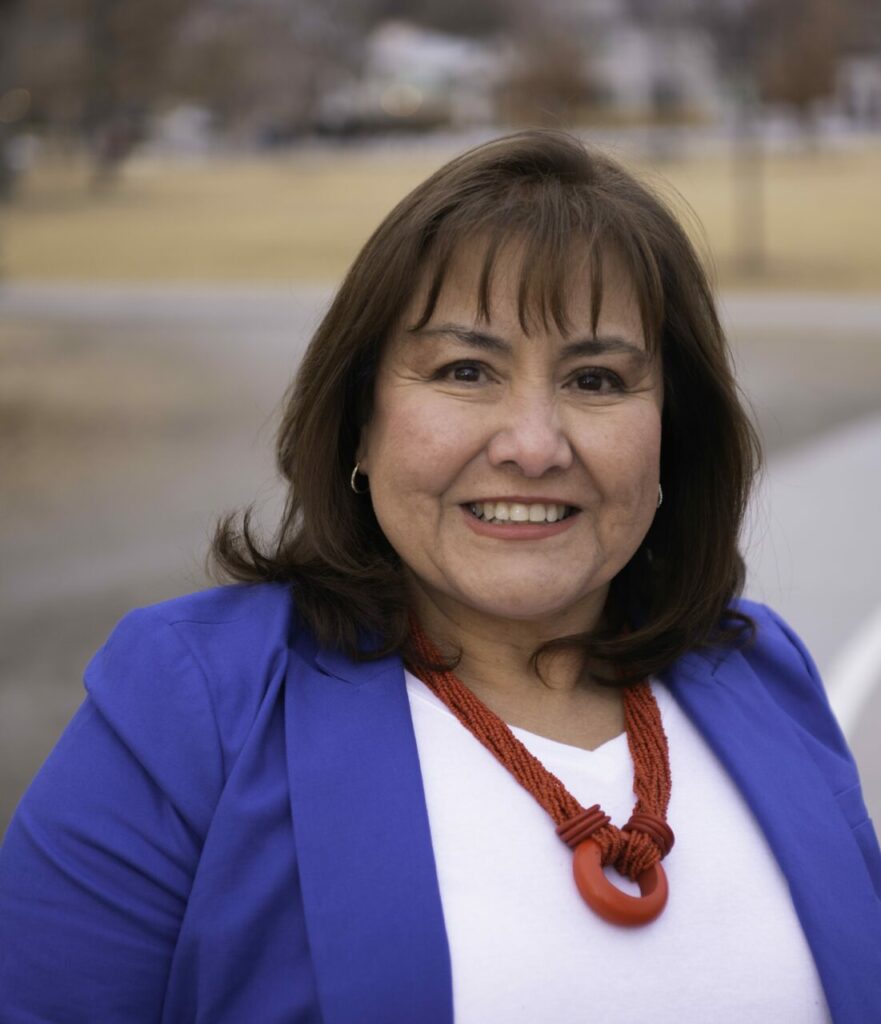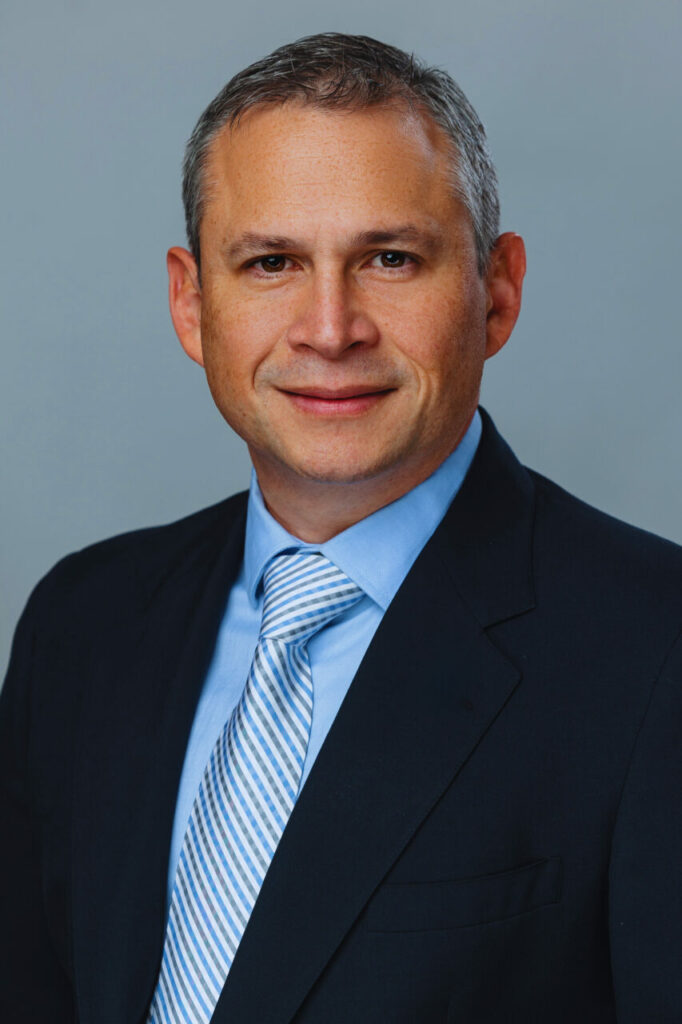Three Candidates Hope to Win HD4 Seat
45 0
By Cassis Tingley
House District Four (HD4) is facing its first formal election since Serena Gonzales-Gutierrez resigned to serve on Denver City Council last summer.
Rep. Tim Hernández, the former North High School teacher who won the vacancy contest in August, will face former immigration judge Cecelia Espenoza and small-business advocate Antonio Soto in this spring’s Democratic primary. Given HD4’s overwhelming Democratic performance – 82.7% of the district voted blue in the 2022 Colorado House of Representatives general election – the winner is expected to coast to the representative seat in November.
This will be Hernández’s and Espenoza’s second time competing, as Hernández upset the former immigration lawyer and HD4 Democratic party captain during the August vacancy committee.
Candidates have two options to earn a spot on the primary ballot: collect 1,000 signatures from registered voters of their party, or have support from 30% of delegates at a partisan assembly. With some stipulations, candidates can pursue both options as well.
All three candidates are gathering signatures to make the ballot. Hernández and Espenoza both plan to also attend the Democratic Caucus and Assembly this March. The caucus tends to favor candidates with stronger party connections, while going door-to-door offers grassroots candidates the chance to connect with more voters early.
 Cecelia Espenoza
Cecelia Espenoza
Cecelia Espenoza
Espenoza, who moved to Sloan’s Lake in 1991, said she will draw on her experience as an immigration judge, attorney and law professor to craft policy in the statehouse. Running on a platform of “uniting” HD4, she promised to advocate for equity in reproductive health.
“Even though we have good healthcare in Colorado, too many of our communities of color are still suffering mortality through the reproductive parts of their lives at too high of a rate,” Espenoza said. “What are we going to do as a state to ensure that we’re putting guardrails and protections?”
Espenoza also plans to push for legislation ensuring the privacy rights of women seeking abortions in Colorado.
 Antonio Soto
Antonio Soto
Antonio Soto
Soto, who immigrated to Colorado from Colombia in 2003 and moved to HD4 in 2016, is campaigning primarily on economic mobility.
“If you have money, you can buy education, you can buy housing, health and, most importantly, have a decent retirement plan,” he said. While Soto’s roots are in community organizing, his work promoting small businesses during the COVID-19 pandemic prompted a change of heart.
“By giving food, I was perpetuating dependency,” he reflected. “When you give someone the ability to use their hands and their skills to turn it into profit? Those people are now in a $1.3 million house. Their kids are in the best schools.”
In other areas, Soto said he preferred to adjust existing policy rather than draft new legislation.
 Tim Hernández
Tim Hernández
Tim Hernández
Education is the No. 1 priority for self-proclaimed “kid of the neighborhood” Tim Hernández. If elected to a full term, he said he plans to focus on increasing representation among teachers and curricula, improving teacher wages and working conditions, and ensuring that the budget stabilization factor, which the Colorado senate repealed last year, isn’t reintroduced.
“We have more ESL students, we have more students qualified for special ed services, we have teacher attrition crises that are running us out of the profession because we can’t pay to keep them in the classroom,” Hernández said. “We cannot go back to any form of defunding of education.”
Hernández said he also wanted to see more pathways like paraprofessional-to-teacher programs and paid student teaching for people of color and queer people to become teachers.
On Housing
While each candidate agreed that housing affordability was a marquee issue for HD4 residents, they diverged on approach.
Hernández focused on renters, saying the $30 million in rental assistance approved by lawmakers in 2023 “wasn’t enough.”
“I’m a state legislator, and I pay over 60% of my income from the state legislature on rent to live in the neighborhood that I grew up in,” he emphasized.
Hernández also pointed to for-cause eviction, which would require landlords to give a legal reason for evicting tenants, and warranty of habitability, which would require all leased units to have “habitable living conditions,” as starting points for renter protections.
Soto saw access to home ownership and increasing housing and rental supply as key to lowering prices.
“It breaks my heart to see people being displaced,” he said. “If you want to create generational wealth, you need to have access to something you can put your money into to one day benefit from that equity.”
Espenoza, who spent several years on the Board of Zoning Appeals in Arlington, Virginia, noted that any policy would depend on municipal governments and housing legislation addressed during this year’s legislative session.
“It’s a determination of providing enough freedom for the different municipalities to be able to build housing, but also providing guardrails for security of the interests of owners and tenants and unhoused people,” she said.
On the Migrant Crisis
Candidates were quick to point out that meeting the housing needs of HD4 residents went hand-in-hand with addressing the humanitarian needs of the hundreds of migrants who’ve arrived in HD4 from Venezuela over the past several months. Lack of work authorization has been a major hurdle for long-term support efforts.
Espenoza said she hoped to see the state allocate greater funding to municipalities hit hardest by the crisis. But work permits?
“It’s a federal-level issue,” she said. “Unless we can get the federal government to act and provide employment authorization, I’m not sure we do any service to people by giving them false hope.”
Instead, Espenoza suggested pressuring Colorado’s U.S. legislators to take action in Washington.
To Hernández, waiting for the Biden Administration to act was not enough. He proposed taking on work authorization at the state level, something which could open Colorado up to federal legal challenges.
“If it goes to court, it goes to court,” he said. “If we don’t address this appropriately or expeditiously, migrants will die on our streets, and we let them.”
Hernández also noted the importance of collaborating with established community efforts like those of the Highland Moms, which has organized housing, material donations and logistics support for hundreds of migrants, while addressing “root causes” through policy.
Soto pointed to a legal loophole of sorts. Anyone can register an LLC in Colorado, he said, even if they don’t have work authorization.
Beyond work permits, “we need to see opportunities,” he said. “We also have highly educated people here. How can we incorporate them in the right places for them to contribute to the state?”
On Palestine
The months-long Israeli assault on Gaza following the Oct. 7 Hamas attacks on southern Israel has had far-reaching effects on Denver’s Palestinian and Jewish communities, with Coloradans holding protests, conferences and resolutions in support of both Palestine and Israel across the state.
Hernández, who was one of the first American politicians to call for an immediate ceasefire in Gaza, plans to continue advocating for Palestinian human rights during his campaign.
“I’m not willing to let my community feel comfortable supporting a genocide,” he said. “That’s not just a political issue, that’s a humanitarian issue, and I believe that my community is a humanitarian community.”
“Nobody deserves what’s happening to people in Palestine, and nobody deserves what’s happening to people in Israel,” Hernández added.
Espenoza sees things differently.
“I don’t believe that’s a state-level issue,” she said. “The responsibility of dealing with international affairs rests with the State Department.”
Espenoza also recognized the “need to represent all individuals within HD4,” including Palestinian and Jewish residents.
Soto said he hadn’t given the topic much thought.
“We need to focus on the issues of the voters, and the main one I’ve heard is cost of living,” he said.
The Precinct Caucus will take place on March 7, followed by the county party assembly on March 16. The primary ballot will be finalized by April 26. Ballots will be mailed by Denver Elections as early as June 3 and are due back by June 25.
Only one Republican candidate filed for the seat, but according to correspondence between them and the Secretary of State, it does not appear that they are eligible to run in HD4. If a Republican candidate emerges, The Denver North Star plans to interview them and the Democratic nominee this fall.
Link to original article